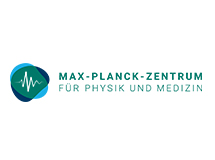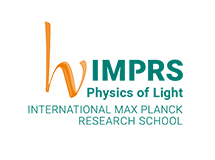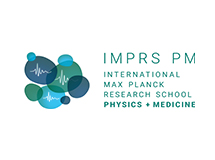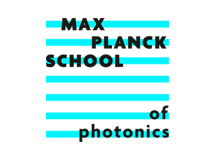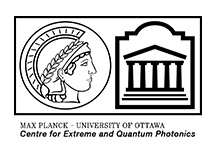Fast and efficient diagnoses through artificial intelligence
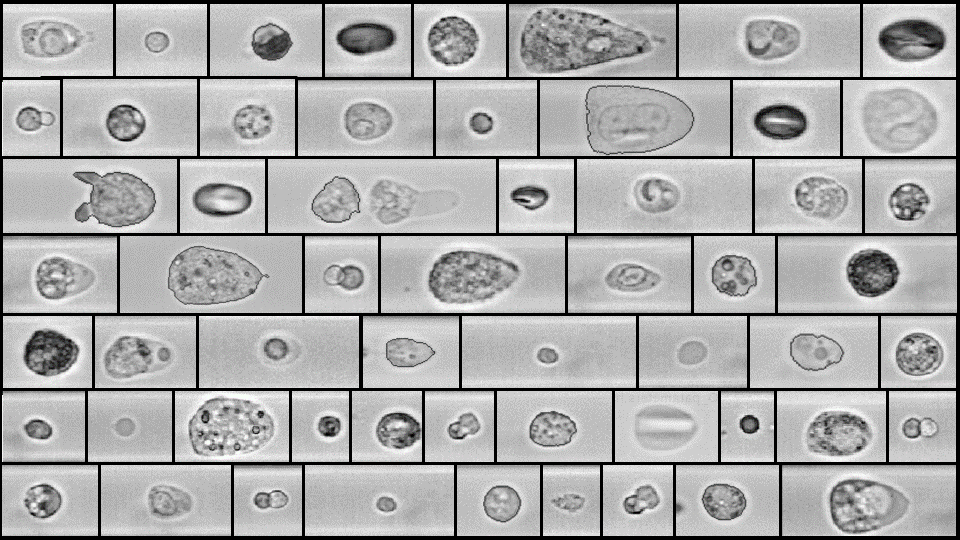
Microscopic images of different cells obtained with RAPID
The mechanical properties of cells can reveal which diseases a patient is suffering from. Researchers at the Max-Planck-Zentrum für Physik und Medizin in Erlangen are taking advantage of this effect - and revolutionising diagnostics. Their goal: instead of costly examining blood samples in the laboratory, doctors should be able to analyse them quickly and reliably using AI-supported methods. The RAPID Diagnostics project has now received the Medical Valley Award worth 250,000 euros.
When patients contact their physicians with complaints, the doctors usually start a series of examinations. However, easily available information such as body temperature or heart rate is often too unspecific to be able to diagnose an illness with certainty. Analysing a blood sample by conventional means is usually more informative, but also more time-consuming and expensive. A research team at the Max-Planck-Zentrum für Physik und Medizin (MPZPM) in Erlangen has now presented a technology called RAPID, which promises fast, cost-effective and reliable diagnostics.
RAPID is an acronym for "real-time analysis of physical phenotype in deformational flow". The method is based on a technique in which the scientists flow cells from a diluted blood sample through a transparent channel of less than the diameter of a hair. The cells are deformed in the process, which is captured by a high-speed camera that takes about 2,000 to 4,000 images per second. In these images, an artificial intelligence (AI) algorithm then looks for features that are signs of certain diseases and provides a specific diagnosis suggestion. Unlike in the past, the cells do not have to be laboriously marked, which is another advantage.
Practical application in the Erlangen Children's and Youth Clinic
This technology impressed the jury of the Medical Valley Award: The interdisciplinary group around Professor Jochen Guck, one of the leading minds of the MPZPM and Director at the Max Planck Institute for the Science of Light, was awarded the trophy and 250,000 euros. The Bavarian Ministry of Economic Affairs provides the funds so that the researchers can bring the innovative technology to marketability.
Over the next two years, the team of scientists and physicians from the Max Planck Institute for the Science of Light and the University Hospital Erlangen led by Dr. Markéta Kubánková will integrate the RAPID technology into clinical operations. In parallel to conventional diagnostic procedures, they will examine patient samples in the laboratory of the Children's and Youth Clinic under the supervision of Professor Manfred Rauh and the clinic’s Deputy Director Professor Markus Metzler, using the RAPID method in order to build up an extensive database. At the end of the project period, the aim is to found a start-up so that the novel diagnostic tool will soon become a standard clinical procedure.
Contact
Edda Fischer
Head of Communication and Marketing
Phone: +49 (0)9131 7133 805
MPLpresse@mpl.mpg.de

